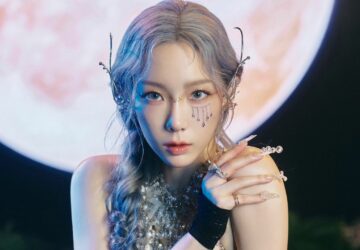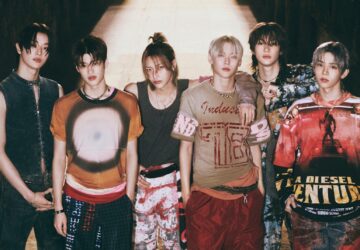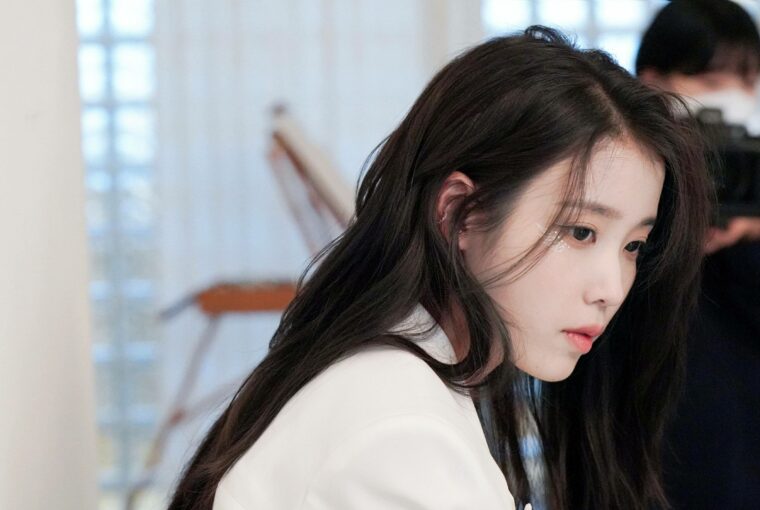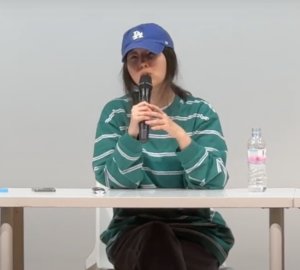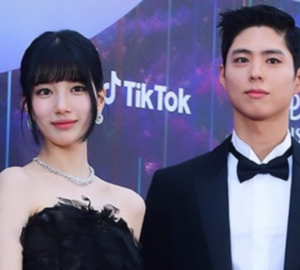The K-Pop industry, also known as the Korean Pop music industry, is a thriving industry that has gained massive popularity globally in recent years. However, behind the glittering stage lights and stylish performances, the K-Pop industry faces several challenges and controversies that cast a shadow over its otherwise bright and cheerful image.
One of the major issues faced by the K-Pop industry is the exploitation of artists. K-Pop groups are often created and managed by powerful entertainment companies known as K-Pop agencies. These agencies often enforce strict and demanding schedules on their artists, with little regard for their mental and physical well-being. Long working hours, restrictive diets, and grueling training sessions are just some of the many demands placed on K-Pop artists.
Another major controversy in the K-Pop industry is the issue of sexism and misogyny. Despite the industry’s focus on youthful beauty and physical appearance, female K-Pop artists are often subjected to objectification and sexualization. This can take many forms, from the way they are dressed and styled, to the way they are marketed and portrayed in media. This issue has been widely criticized by fans and advocacy groups, who argue that it reinforces harmful gender stereotypes and undermines the talent and hard work of female K-Pop artists.
The K-Pop industry has also been criticized for its rigid beauty standards and the pressure placed on artists to undergo plastic surgery and conform to a specific physical appearance. This has led to concerns about body shaming, unrealistic beauty standards, and the impact of these pressures on the mental health of K-Pop artists.
NEWS: Mnet Comes Under Fire For Using Cultural Appropriation As A "Prank" On The "Boys Planet" Contestants #kpopnews https://t.co/qrIA9CG1fp
— Reddit K-Pop (@redditkpop) March 3, 2023
Another controversy in the K-Pop industry is the issue of exploitation and control of artists by their agencies. The K-Pop agencies hold significant power over the careers and personal lives of their artists, often dictating everything from their schedules to their personal relationships. This control has been criticized for being excessive and stifling to the creative freedom and personal lives of K-Pop artists.
The K-Pop industry has also faced accusations of cultural appropriation, particularly in regard to the use of traditional African-American styles and dance moves in K-Pop performances. Some have argued that this constitutes a form of cultural theft and erasure, while others defend the use of these elements as a form of cultural exchange and inspiration.
In conclusion, while the K-Pop industry has seen tremendous growth and popularity in recent years, it is not without its challenges and controversies. From the exploitation of artists to rigid beauty standards, the K-Pop industry faces a number of critical issues that must be addressed to ensure that it remains a positive and equitable industry for all those involved.
Featured Image: IU Official Twitter


